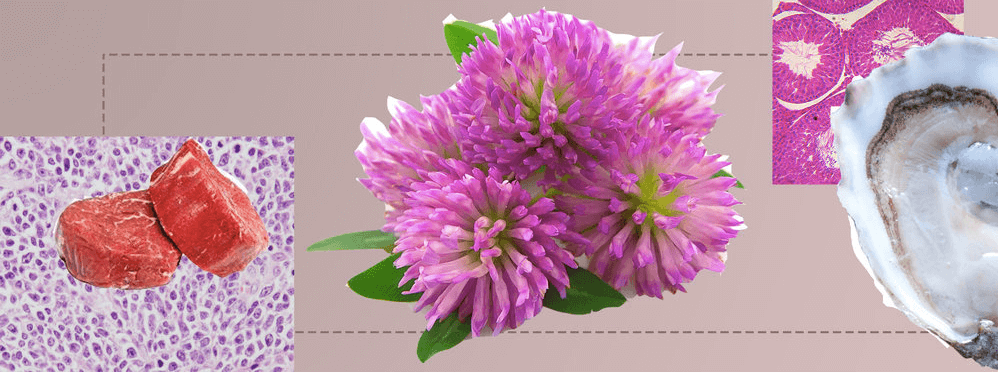Text by CLOT Magazine

On October 27th, the interdisciplinary group ArtSci Salon will present a panel discussion addressing the topic of gene editing and sexual reproduction from a Sciart perspective. Preceding the discussion will be the official opening of an exhibition featuring four speakers’ work. This show reimagines issues relating to gynaecology, sexual regulation, hormonal management and cultural identity through the arts.
During the conversation itself, the panel will focus on the current status of genome editing, presenting a nuanced alternative to sensationalist media narratives that often frame genome editing as a set of dichotomized future predictions, either utopian or dystopian.
Stepping back into the present, the speakers will rethink the implications of genome editing through a creative lens, exploring the intersection of scientific and artistic interventions as they relate to human enhancement.
Both panel and exhibition will approach these topics with an emphasis on their social implications, exploring in particular issues relating to sexual reproduction, fertility and sexual technologies – simultaneously raising awareness of sexual politics and the medicalization of the body.
Speakers on the panel include renowned artist Byron Rich (Allegheny College), artist and designer Samira Daneshvar (Toronto, and University of Miami, Adam Zaretsky (Marist College), and Dolores Steinman (University of Toronto). It will be chaired by Roberta Buiani (ArtSci Salon, Fields Institute & Centre for Feminist Research, York University). Heralding from various backgrounds, including art, design and biochemistry, the speakers’ shared interest in the potential of bio-art provides a fascinating basis for discussion.
Byron Rich, who recently received an Honorary Mention at the Prix Ars Electronica, will be speaking; his recent project with collaborative partner Liz Flyntz, Epicurean Endocrinology: Cooking Sex, uses food and vernacular cooking to examine the intersections of food production and endocrine disruptors with cultural ideologies and corporate influence.
The project involves presenting consumers with a food delivery system of meal boxes that enables them to test their food and water sources for endocrine disruptors. Exploring DIY hormone therapy, the project challenges the gendered associations of kitchens and laboratories, offering a unique approach to the questions of the extent to which food can entrench gender norms, a process heavily influenced by corporate institutions.
This unique approach to sexual politics, which comprehends the various intersections between our biology and the cultural, as well as corporate, institutions that influence its changes, is a promising example of the kind of artistic approaches to the science and ethics of genome editing that we can see on the 27th.






